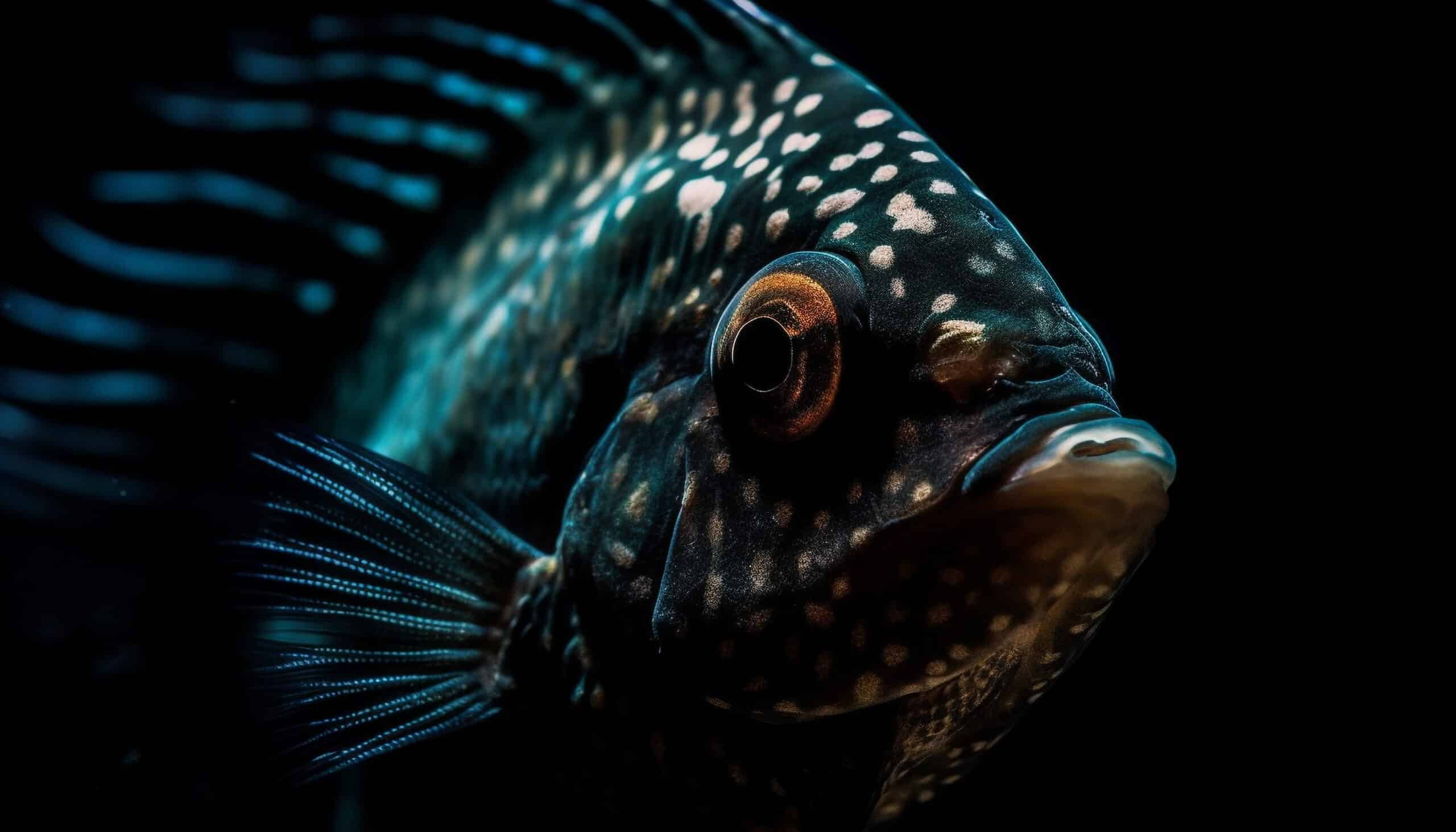What Fish Will Bite at Night?
Key Takeaways
- Bass are known to be voracious predators and are more active and aggressive at night, making them ideal for night fishing.
- Trout, including brown trout, brook trout, and rainbow trout, are most active during the nighttime hours, making night fishing a great option for targeting them.
- Muskies are apex predators that become even more active at night and exhibit ambush behavior, making them susceptible to well-presented lures.
When it comes to fishing, many anglers prefer the tranquility and excitement of casting their lines under the cover of darkness. Night fishing offers a unique experience and the opportunity to catch different types of fish that are more active during the nighttime hours. So, if you’re wondering what fish will bite at night, this article will provide you with all the answers you need.
Bass: The Nocturnal Predators
Bass are known to be voracious predators, and their feeding behavior often intensifies at night. They become more active and aggressive, making them an ideal target for night fishing enthusiasts. Whether you’re targeting largemouth bass or smallmouth bass, the cover of darkness provides an advantage for anglers seeking these elusive creatures.
According to Field and Stream, night fishing for bass can be highly productive, especially during the summer months when they tend to move to shallower waters. Techniques such as topwater lures, spinnerbaits, and jigs can be particularly effective for enticing bass during the nighttime hours.
Trout: Active After Dark
Trout, including brown trout, brook trout, and rainbow trout, are known for their nocturnal feeding habits. They become more active after the sun sets, making night fishing an excellent option for those targeting trout.
Sport Fishing Buddy states that trout are most active during the hours of darkness. They often move closer to the surface, making them more accessible to anglers. Using techniques such as fly fishing with streamers or casting lures can be effective for enticing trout during the night.
Muskies: Nighttime Ambushers
Muskies, also known as muskellunge, are apex predators that are highly sought after by experienced anglers. These fish are known for their aggressive nature, and they become even more active at night.
Field and Stream mentions that night fishing for muskies can be thrilling and rewarding. These fish often exhibit ambush behavior under the cover of darkness, making them more susceptible to well-presented lures. Techniques such as trolling large crankbaits or using oversized jerkbaits can entice muskies to strike.
Saltwater Fish: Under the Moonlight
If you’re an angler with a penchant for saltwater fishing, you’ll be pleased to know that many species are active during the night. Whether you’re targeting snook, tarpon, redfish, or other saltwater fish, night fishing can provide excellent opportunities.
Field and Stream recommends targeting shallow flats or areas with structure during the nighttime hours. Using live bait or lures that mimic the prey species can be effective for attracting saltwater fish. Additionally, paying attention to tidal movements and moon phases can further enhance your chances of success.
Conclusion
When it comes to fishing at night, there are several fish species that are more active during the darkness. Bass, trout, muskies, and saltwater fish are among the top contenders for night fishing enthusiasts. Each of these species exhibits unique behavior patterns and preferences, which can be capitalized on by using appropriate techniques and lures.
So, if you’re planning a night fishing adventure, consider targeting these fish species for an exciting and productive experience. Remember to check local regulations and ensure you have the necessary permits before heading out on your nighttime angling expedition.
Related Websites:
FAQs:
Q: Why is night fishing popular?
Night fishing is popular because it offers a unique and exciting experience. It allows anglers to target nocturnal fish species that are more active and likely to bite during the night. Additionally, fishing at night often provides a peaceful and serene environment.
Q: How does darkness affect fish behavior?
Darkness influences fish behavior by triggering their instinctual feeding patterns. Many fish species are more active and aggressive at night as they rely on their heightened senses, such as their lateral line system, to locate and capture prey.
Q: What factors affect fish activity at night?
Several factors influence fish activity at night. Water temperature plays a crucial role, as cooler temperatures can stimulate fish to feed. Moon phases and light intensity also affect fish behavior, as certain species are attracted to the moonlight and the shadows it creates.
Q: What are some popular nocturnal fish species?
Some popular nocturnal fish species for night fishing include catfish, bass, and walleye. Catfish are known for their feeding tendencies and can be effectively targeted with baits such as worms or stink baits. Bass exhibit nocturnal hunting behavior and can be enticed with lures like spinnerbaits or topwater frogs. Walleye are known to feed at night and can be caught using bait choices like minnows or leeches.
Q: Which additional fish species can be caught at night?
Other fish species that may bite at night include crappie, trout, and striped bass. Crappie exhibit nighttime feeding habits and can be attracted with baits like jigs or minnows. Trout, especially in cooler waters, can be active at night and can be caught using various bait options such as nightcrawlers or nymph flies. Striped bass also display nocturnal feeding patterns and can be targeted using recommended bait options like live eels or swimbaits.
Q: What tips can help in successful night fishing?
To increase chances of catching fish at night, it is important to use appropriate fishing gear and equipment designed for low-light conditions. Selecting suitable bait and lures that specifically attract nocturnal fish species is crucial. Additionally, using techniques such as slow retrieves or bottom fishing can effectively entice fish to bite.






